Sprinkler Winterization Services
Proper lawn sprinkler maintenance and winterization are essential to ensure the longevity and functionality of sprinkler systems. Preparing the system before cold weather prevents damage caused by freezing water and helps maintain optimal performance.
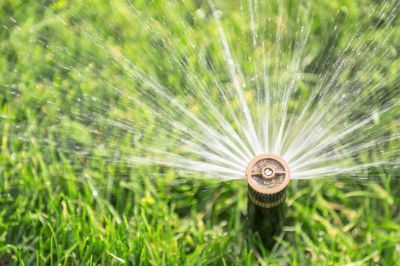
A sprinkler system in operation during the warmer months.
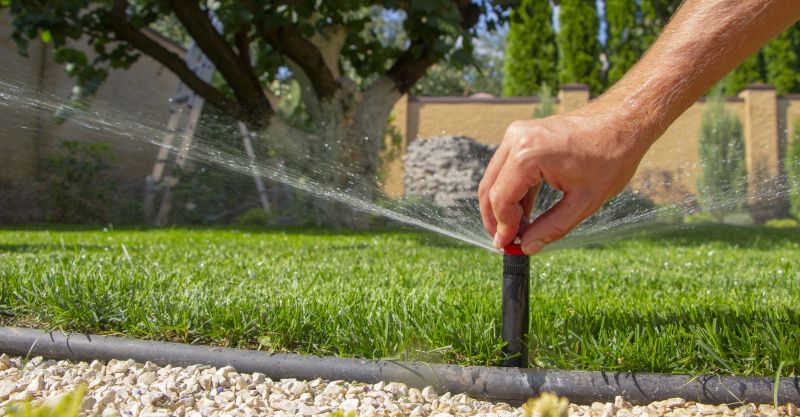
Detail of a typical sprinkler head used in residential systems.
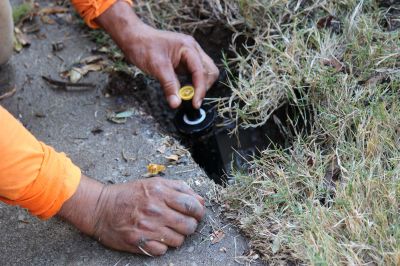
Ways to make lawn sprinkler winterization work in tight or awkward layouts.
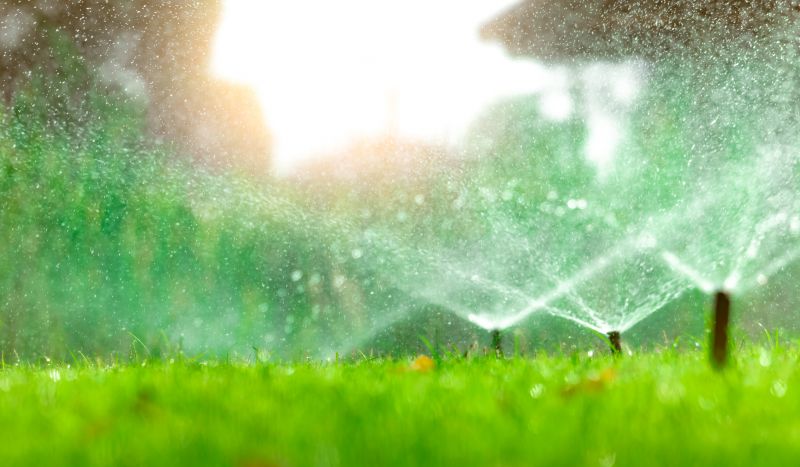
Popular materials for lawn sprinkler winterization and why they hold up over time.
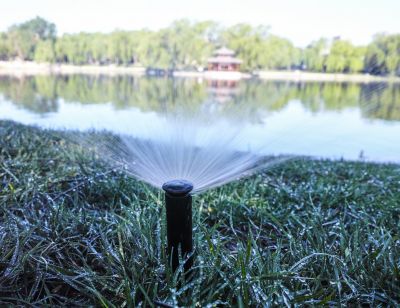
Simple add-ons that improve lawn sprinkler winterization without blowing the budget.
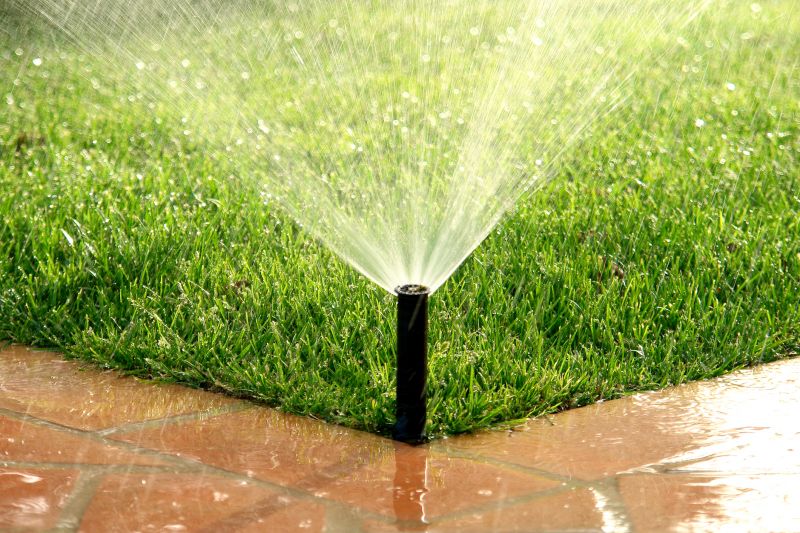
High-end options that actually feel worth it for lawn sprinkler winterization.
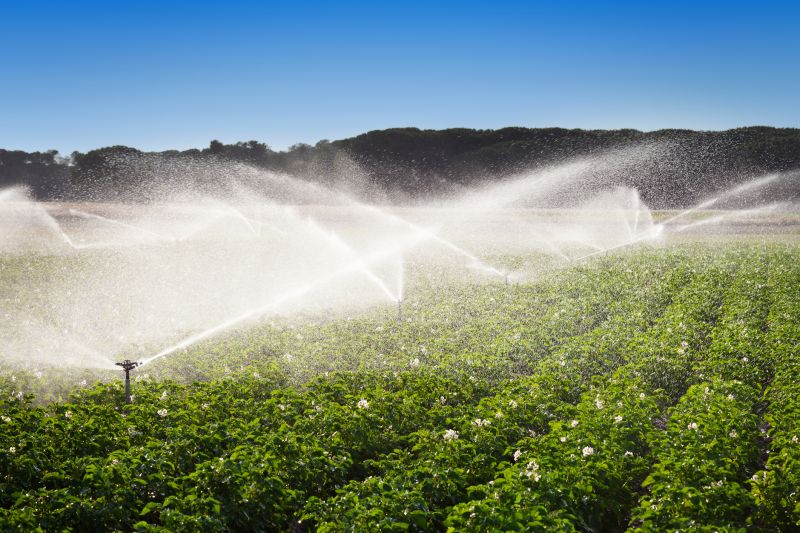
Finishes and colors that play nicely with lawn sprinkler winterization.
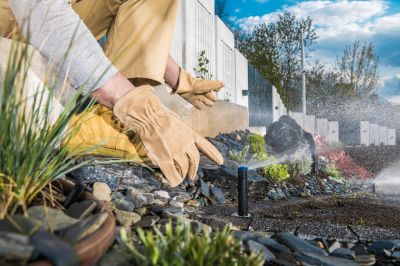
Little measurements that prevent headaches on lawn sprinkler winterization day.
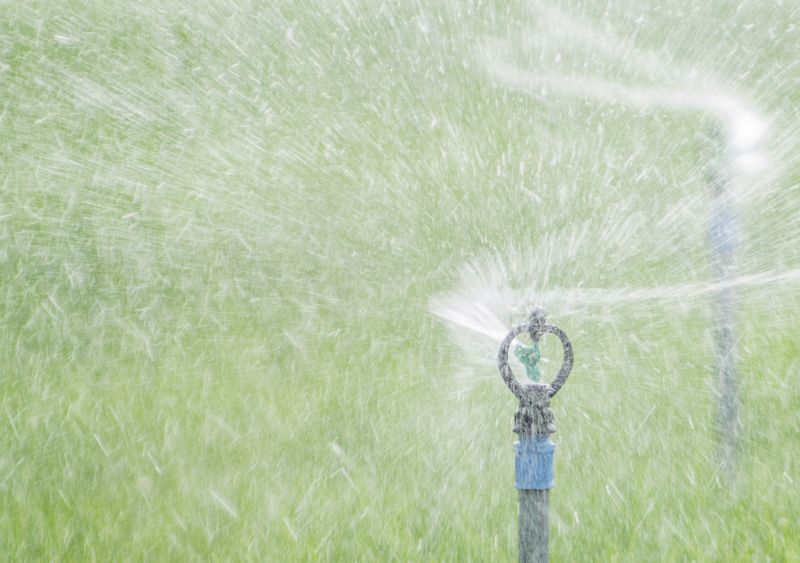
Various parts of a sprinkler system including valves and pipes.
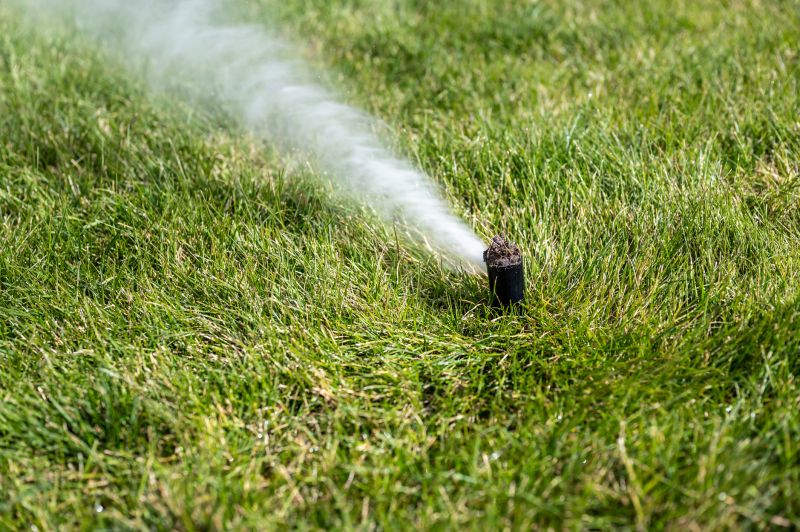
Technician preparing a sprinkler head for winter.
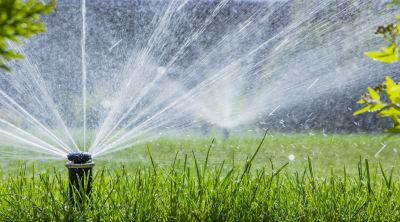
Lush lawn maintained with a sprinkler system.
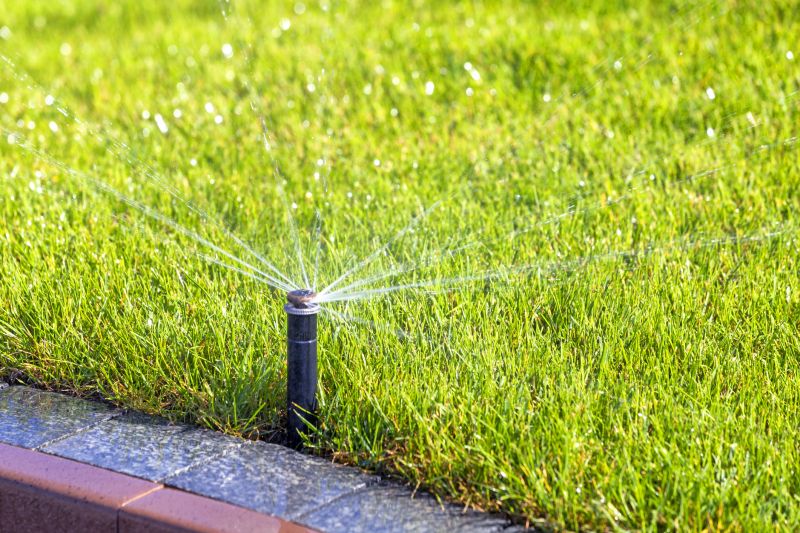
A 60-second routine that keeps lawn sprinkler winterization looking new.
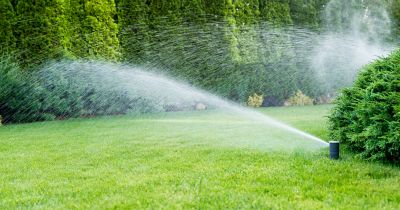
A frequent mistake in lawn sprinkler winterization and how to dodge it.
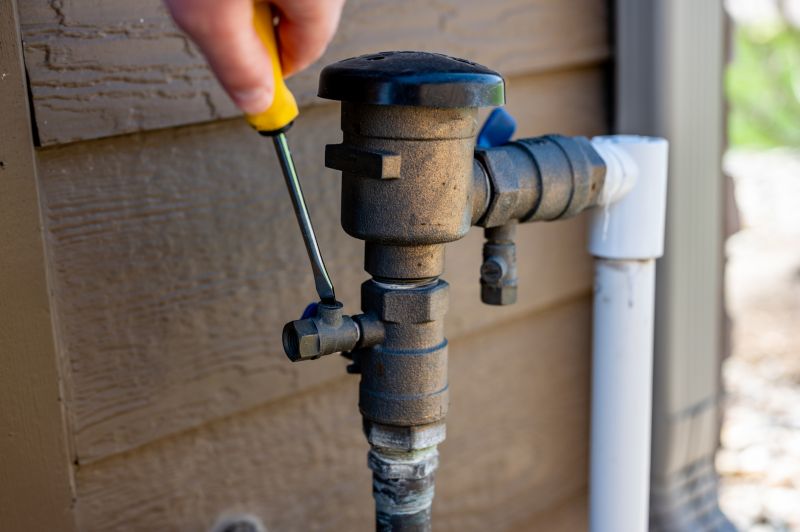
Small tweaks to make lawn sprinkler winterization safer and easier to use.
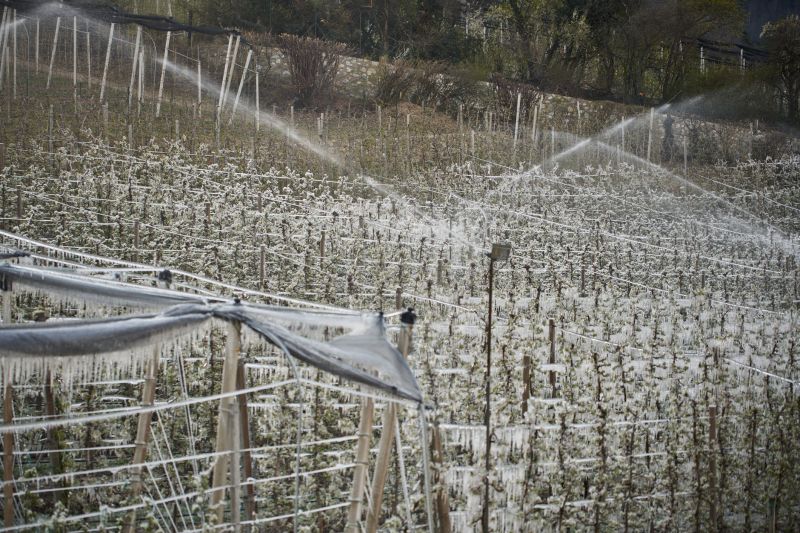
Lower-waste or water-saving choices for lawn sprinkler winterization.
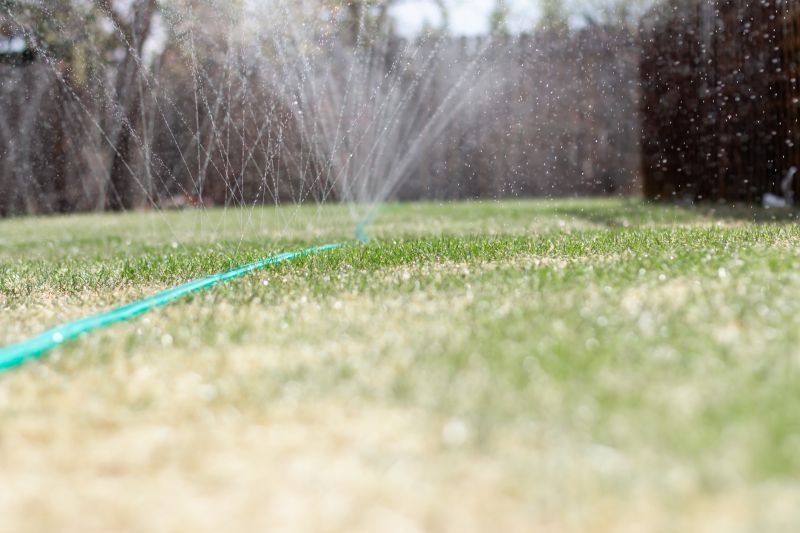
The short, realistic tool list for quality lawn sprinkler winterization.
Timing is crucial for sprinkler winterization. It is best to schedule the service before temperatures consistently drop below freezing. Early winter preparation helps prevent pipe bursts, valve damage, and other costly repairs. Neglecting proper winterization can lead to system failure, leaks, and expensive repairs come spring.
Freezing water can cause pipes and valves to crack, leading to costly repairs and system failures.
Professional technicians ensure thorough winterization, reducing the risk of damage and extending system lifespan.
The process includes draining residual water, blowing out pipes with compressed air, and inspecting system components for damage.
While DIY methods are possible, professional service guarantees complete winterization and reduces the risk of errors.
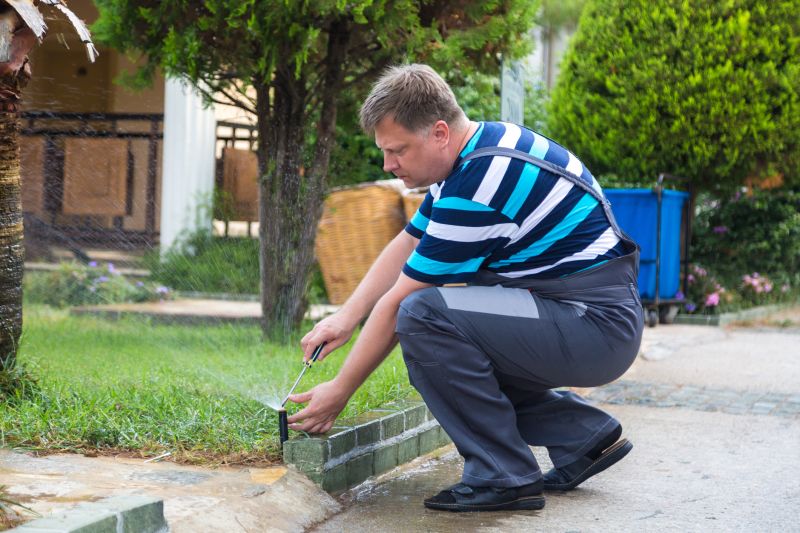
A technician uses compressed air to clear water from pipes.
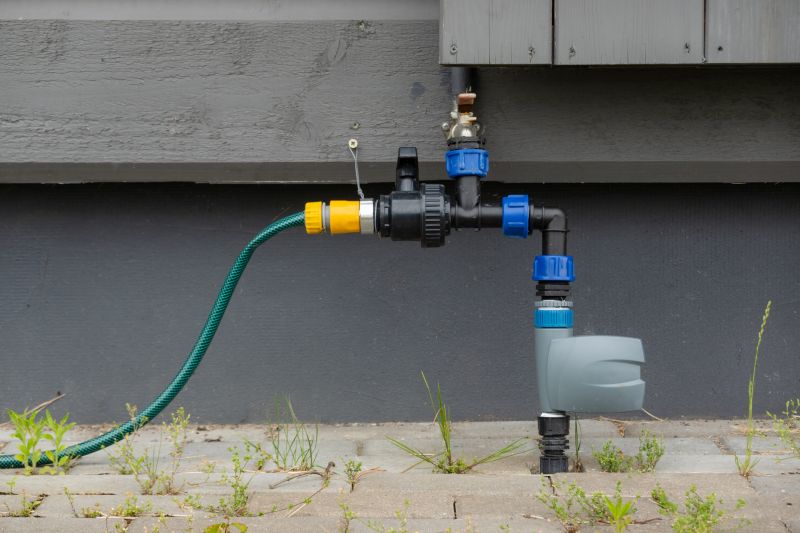
Inspecting and preparing valves for winter.
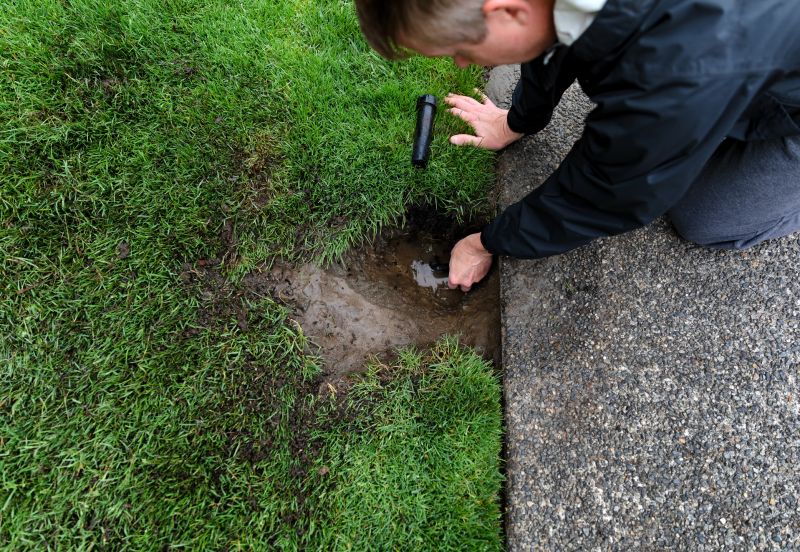
Removing residual water from sprinkler components.
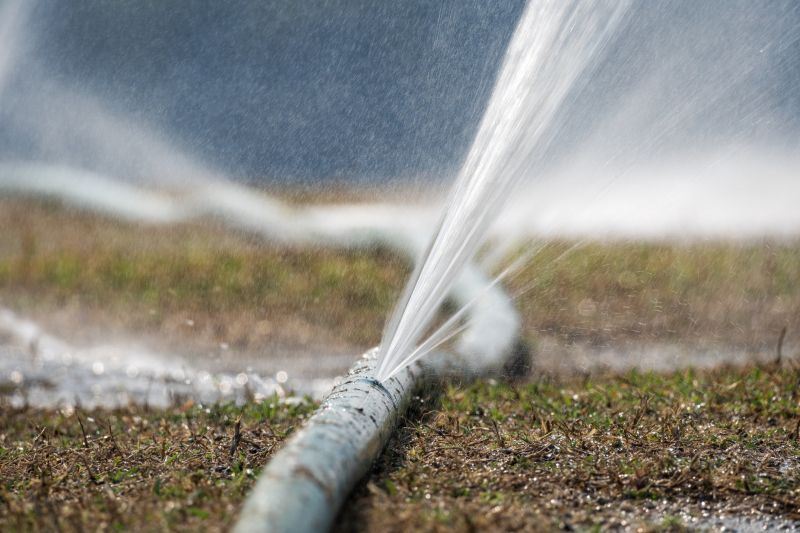
Checking for potential issues before winter.
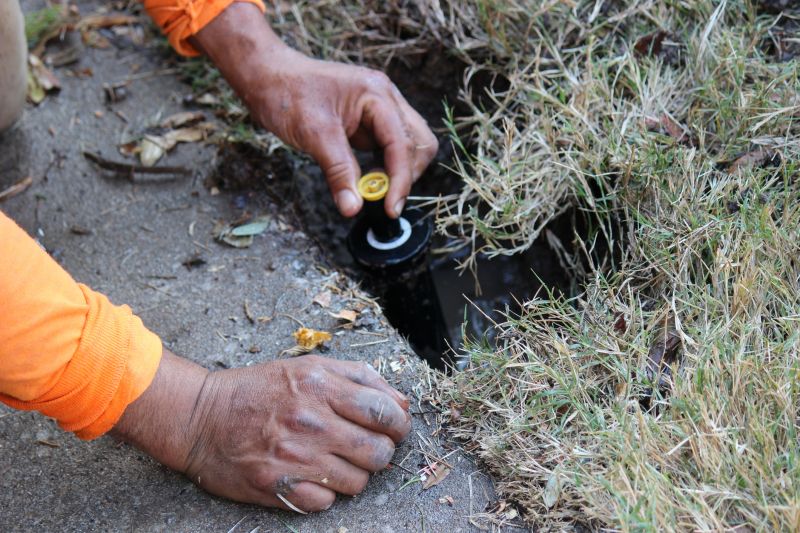
Rough timing from prep to clean-up for lawn sprinkler winterization.
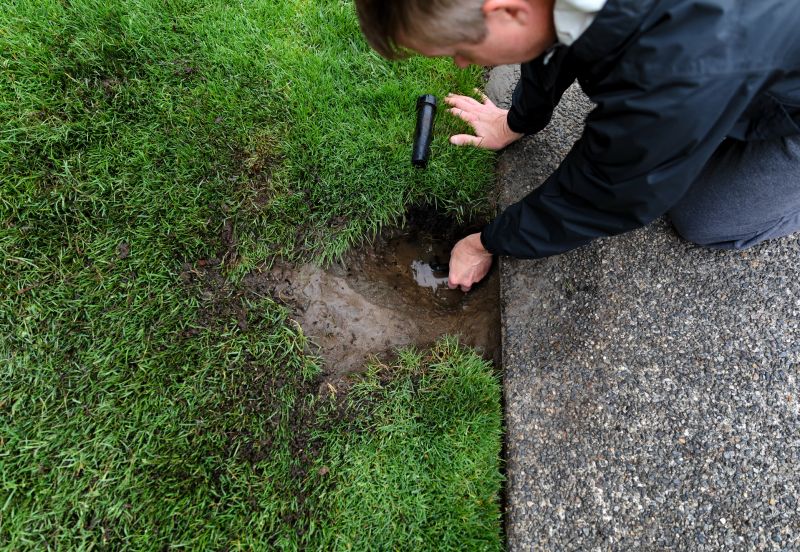
Quick checks and paperwork to keep after lawn sprinkler winterization.
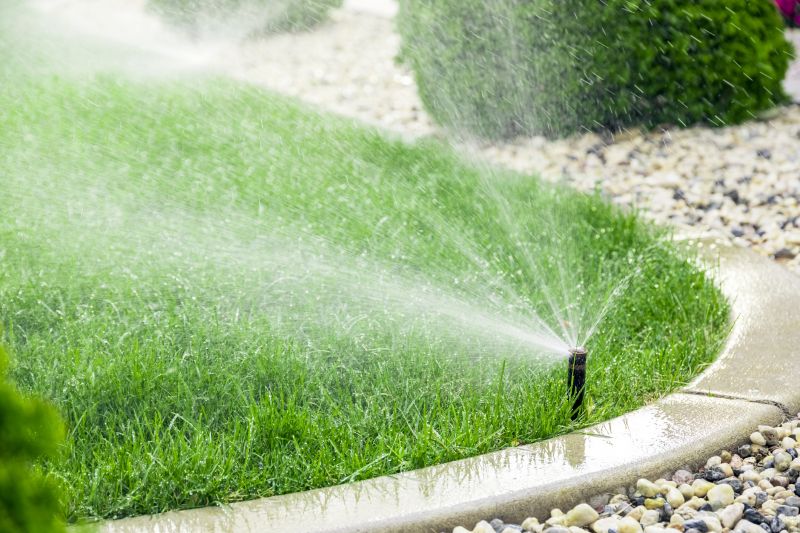
Examples that show the impact a good lawn sprinkler winterization can make.
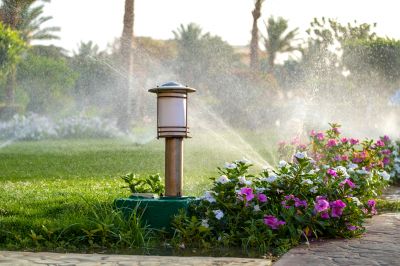
Ways to make lawn sprinkler winterization work in tight or awkward layouts.
The winterization process typically involves draining the system, blowing out remaining water with compressed air, and inspecting for damage. Professionals use specialized equipment to ensure complete removal of water, minimizing the risk of freezing damage. Properly winterized systems are less prone to leaks and repairs in the spring.
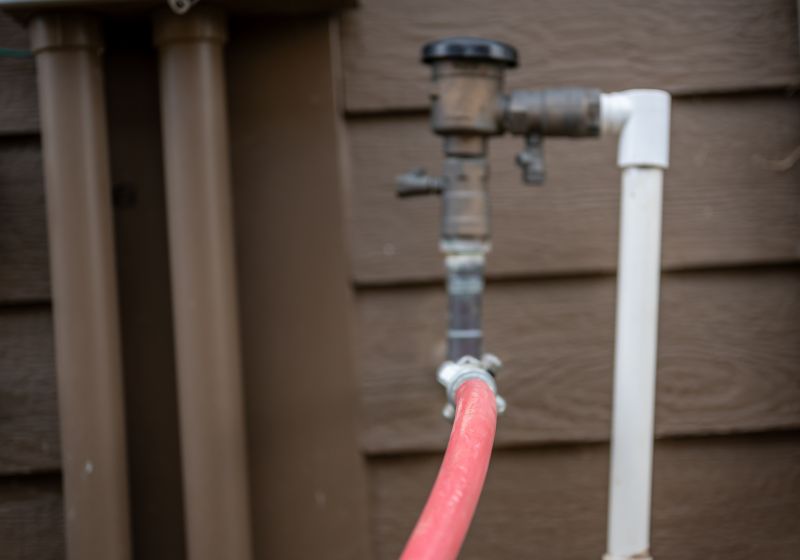
A system safely stored for the cold months.
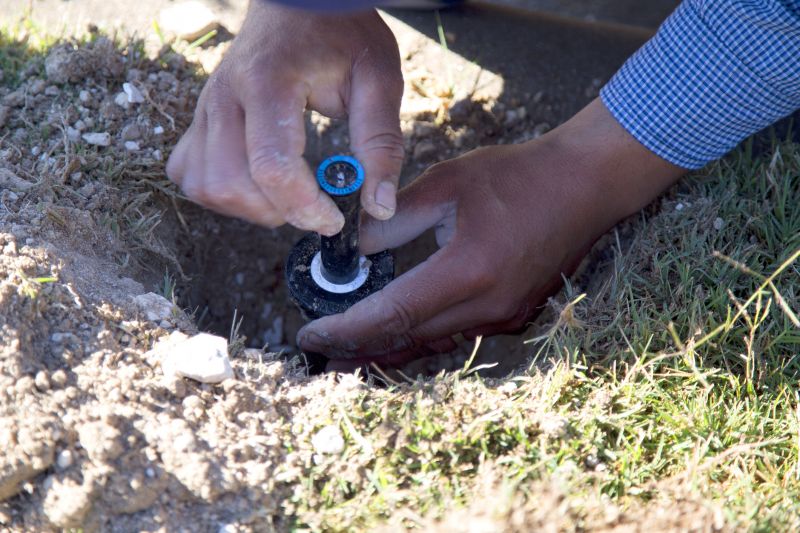
Prepared for the off-season to prevent damage.
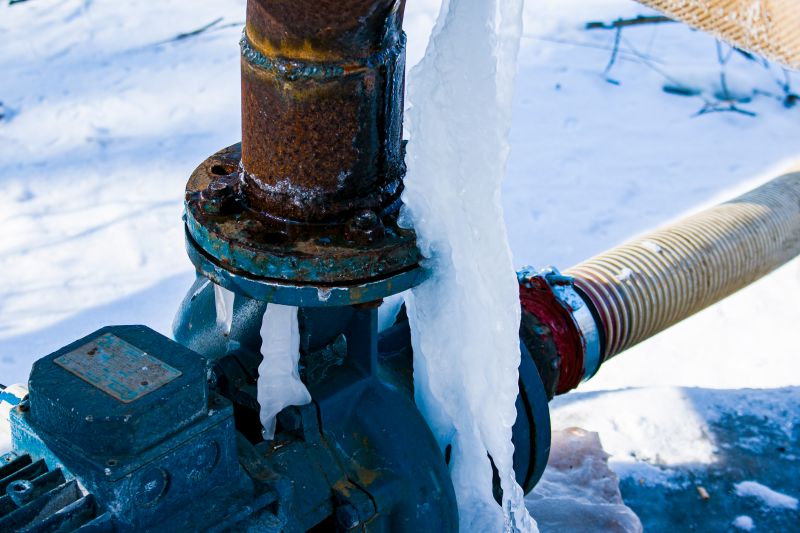
Illustration of pipe cracking due to freezing water.
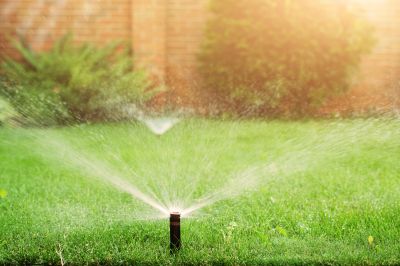
System being tested after winterization.
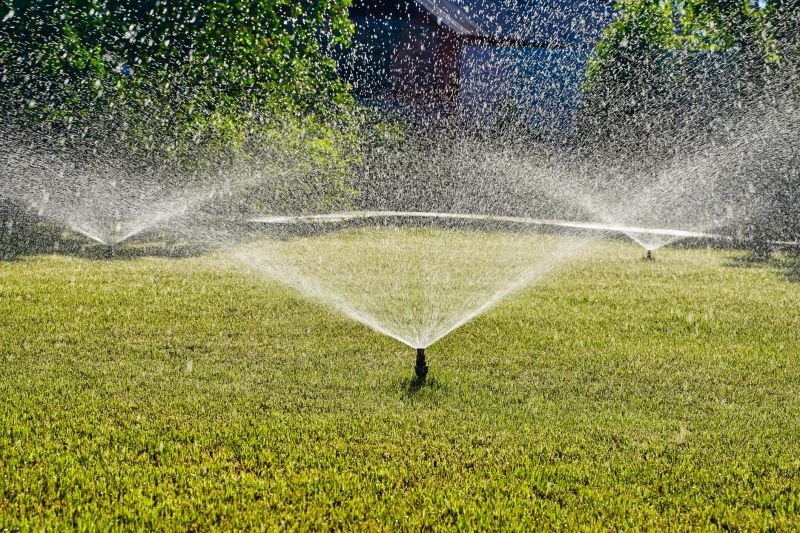
Ways to make lawn sprinkler winterization work in tight or awkward layouts.
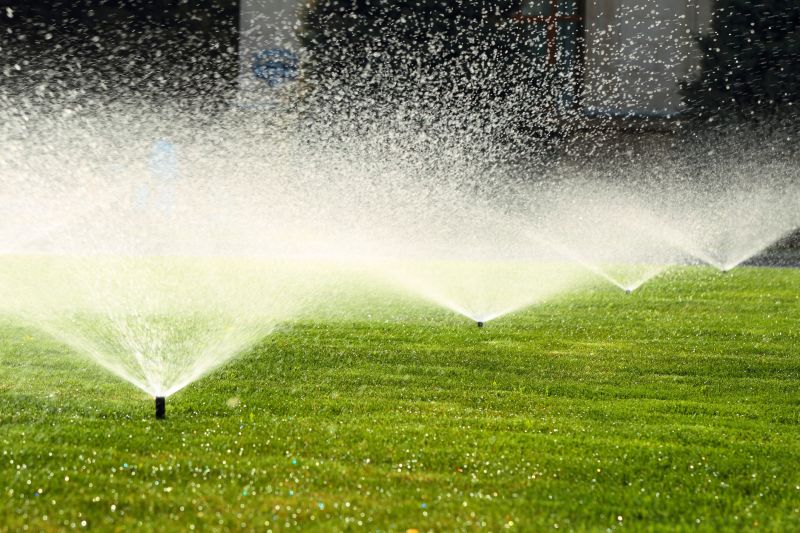
Ways to make lawn sprinkler winterization work in tight or awkward layouts.
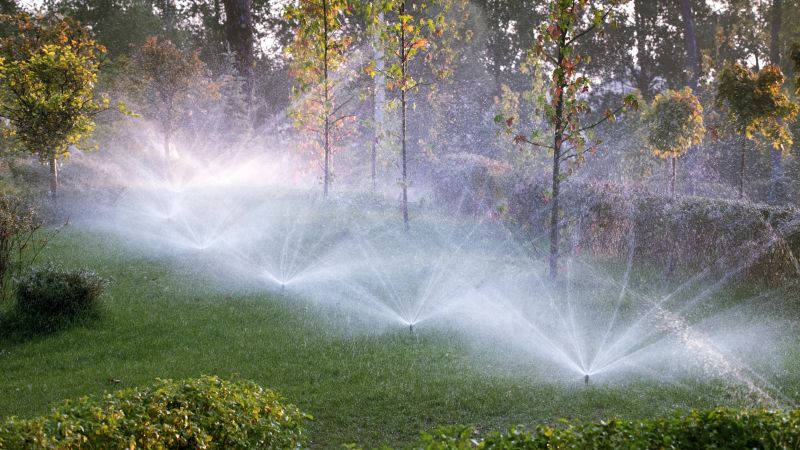
Ways to make lawn sprinkler winterization work in tight or awkward layouts.
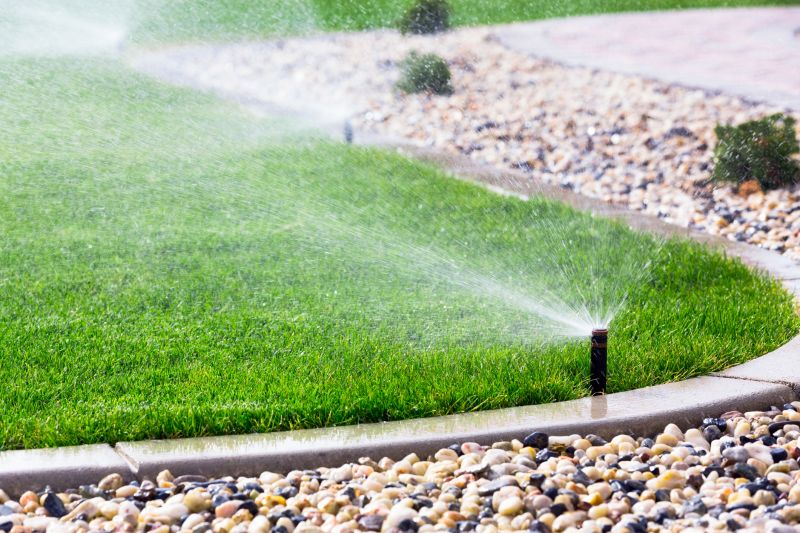
Ways to make lawn sprinkler winterization work in tight or awkward layouts.
Proper winterization safeguards against freezing damage, which can cause pipes to crack, valves to fail, and require costly repairs. Scheduling a professional service ensures the system is thoroughly prepared for winter, reducing the risk of damage and extending the lifespan of the sprinkler components.
For an effective winterization of a lawn sprinkler system, filling out the contact form can provide a tailored quote and schedule a professional service. Proper preparation helps maintain a healthy, functional sprinkler system year after year.
